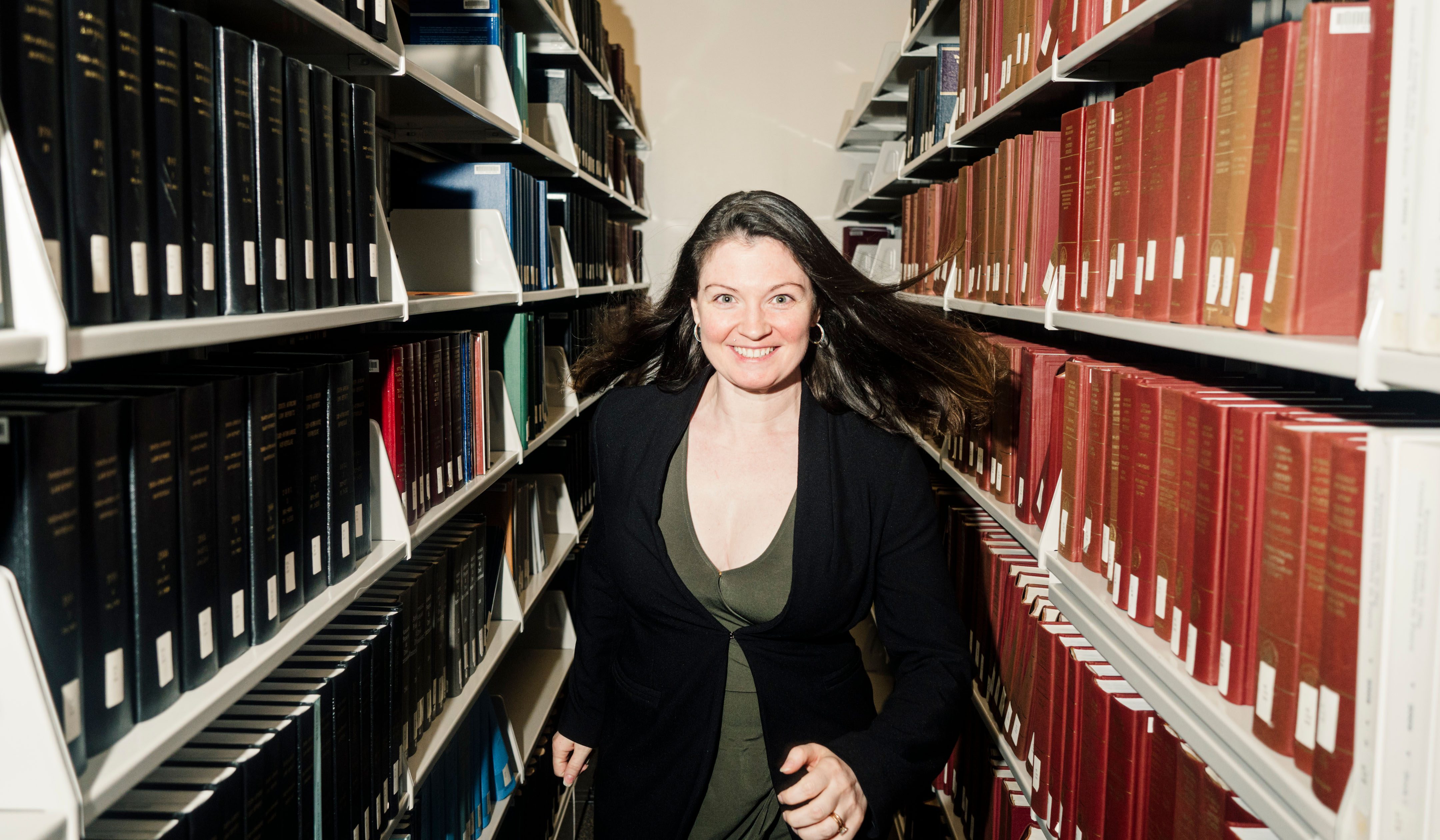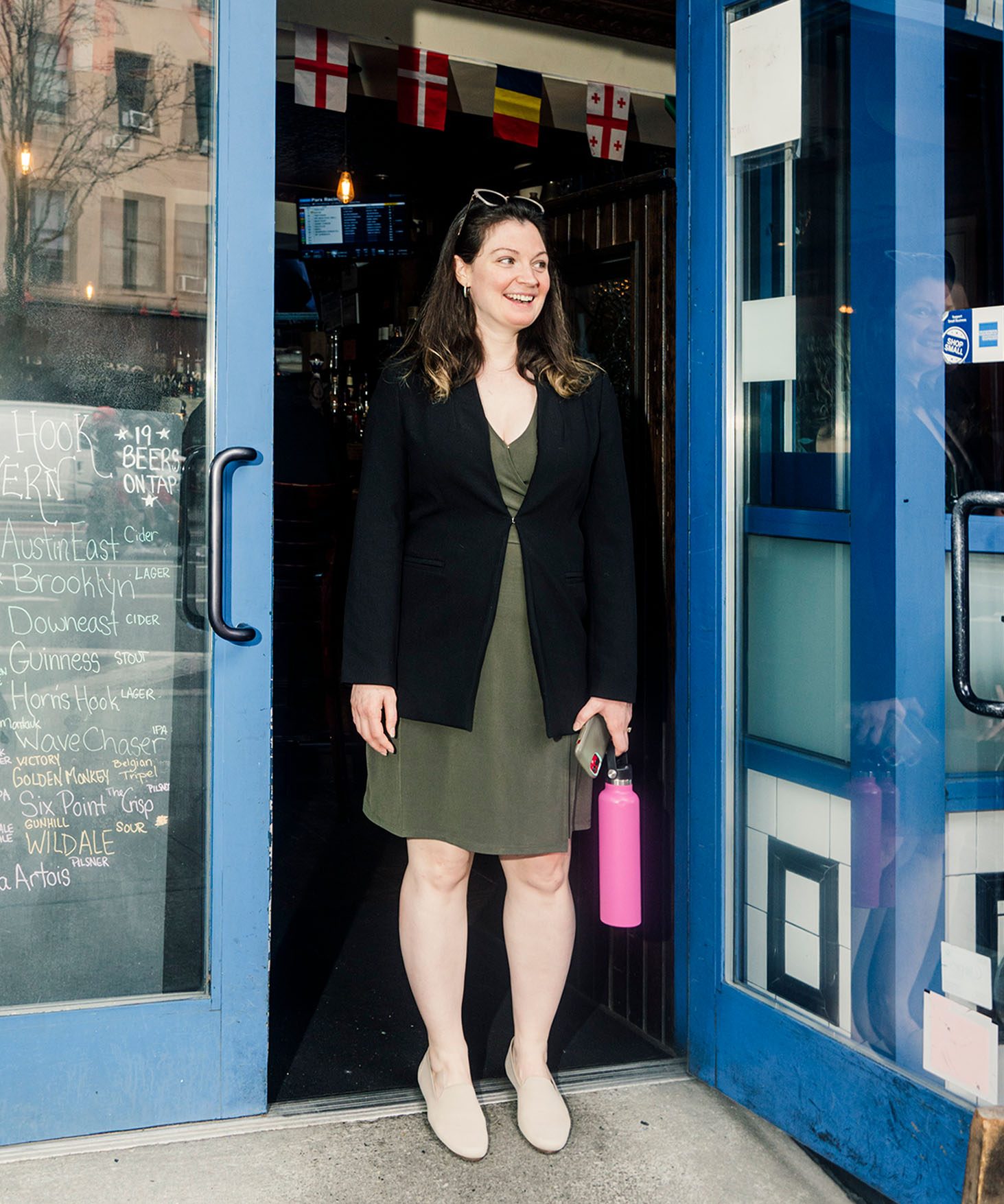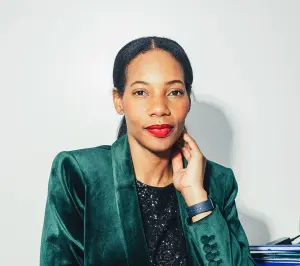2023
Christine
DeMaria
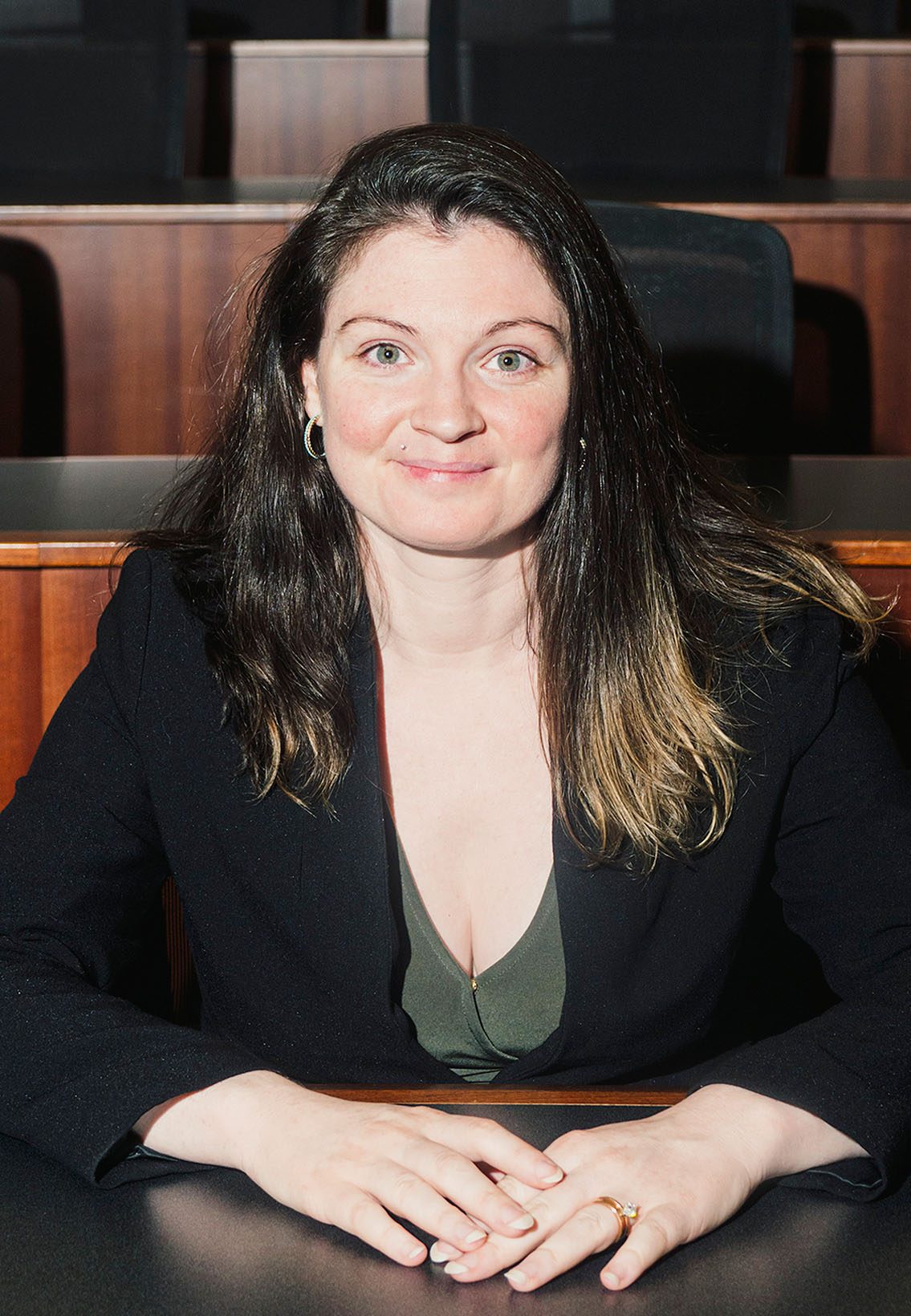
When Christine DeMaria was 15, she was taken from New Jersey first to New York, and eventually across the country to Arizona — she was a victim of human trafficking. Over time, the abuse intensified until, after a period of immense suffering, she fell gravely ill. The trafficker drove her to the hospital, yelling at her the whole way to give them a fake name, tell them she was over 18, and to call him as soon as she was discharged. Then, he left her at the entrance and sped away.
Christine was admitted to the hospital and treated. On the day of her discharge, she walked out of the building into the baking Arizona heat and contemplated whether she should do as he ordered and call.
“At that moment,” she remembers, “a girl was walking by. She was blind and had a backpack, books, and a seeing-eye dog.” The dog, a golden retriever, had an Arizona State University bandana around its neck. It was then Christine had an epiphany, a simple truth: people who love you and care about you won't abandon you at the hospital. Christine decided to follow the blind woman and her dog, assuming they were headed to the university.
“I got on the bus right behind the girl and petted the dog the whole way,” she recalls. Once on campus, Christine approached a woman who appeared to be a professor, and asked for help.
Now, Christine is 35 and in her second year at New York Law School. She wants to be an advocate — someone who will listen, advise and then fight for people who have been marginalized by mainstream society, as she once was.
Her drive to succeed in part stems from her experience enduring abuse. The man who trafficked her, she says, stole more than the nearly two years of her life she can never get back. “He stole my memories,” she says. “He stole my identity, he stole my health. He stole so many things.” Now, her mission is to reclaim her agency so she can rewrite her future.
“She has to power through more than anyone else because she hasn’t been trained from birth to just be in class, pay attention, hang on every word, and then put together what the teacher wants you to say.”
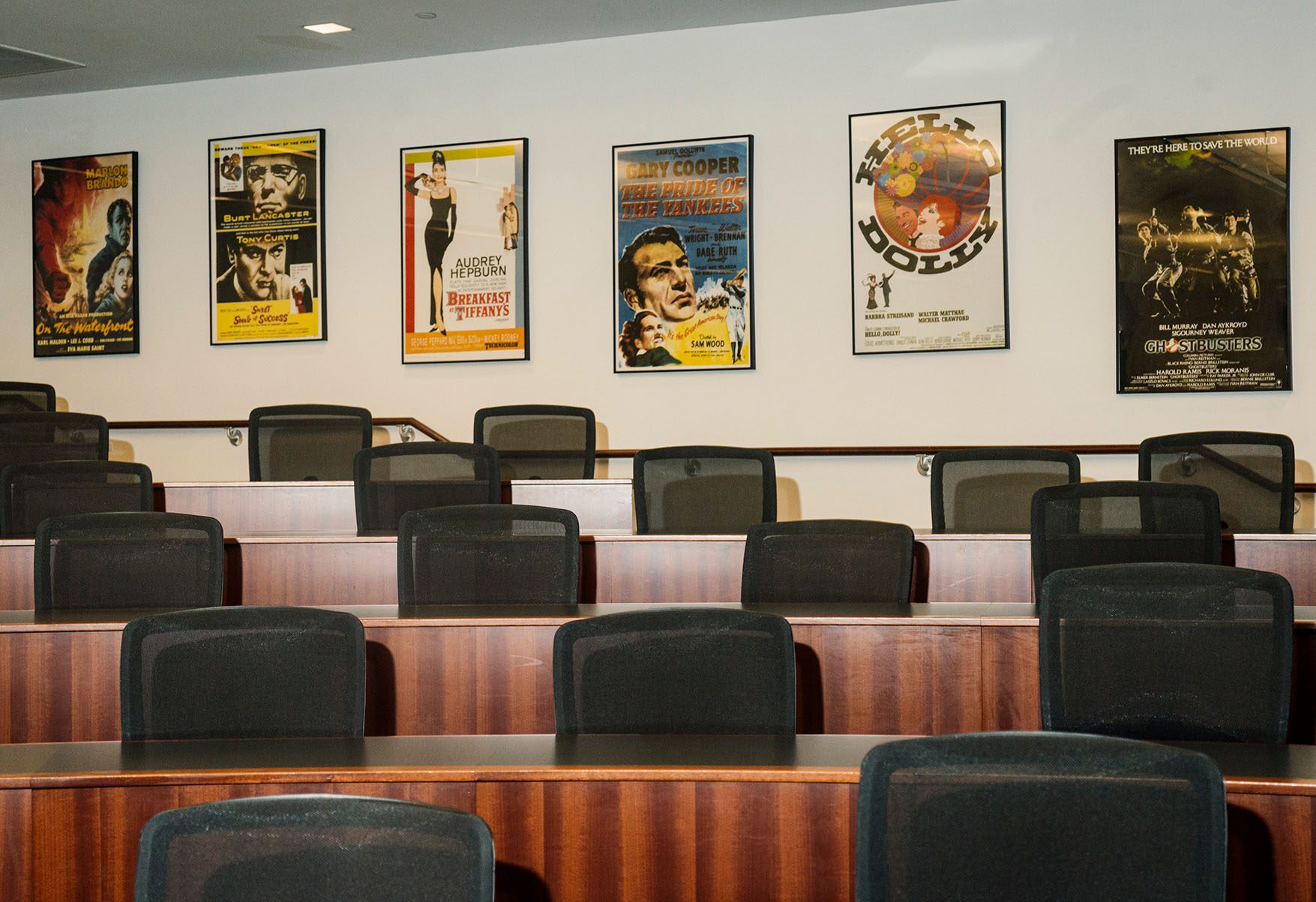
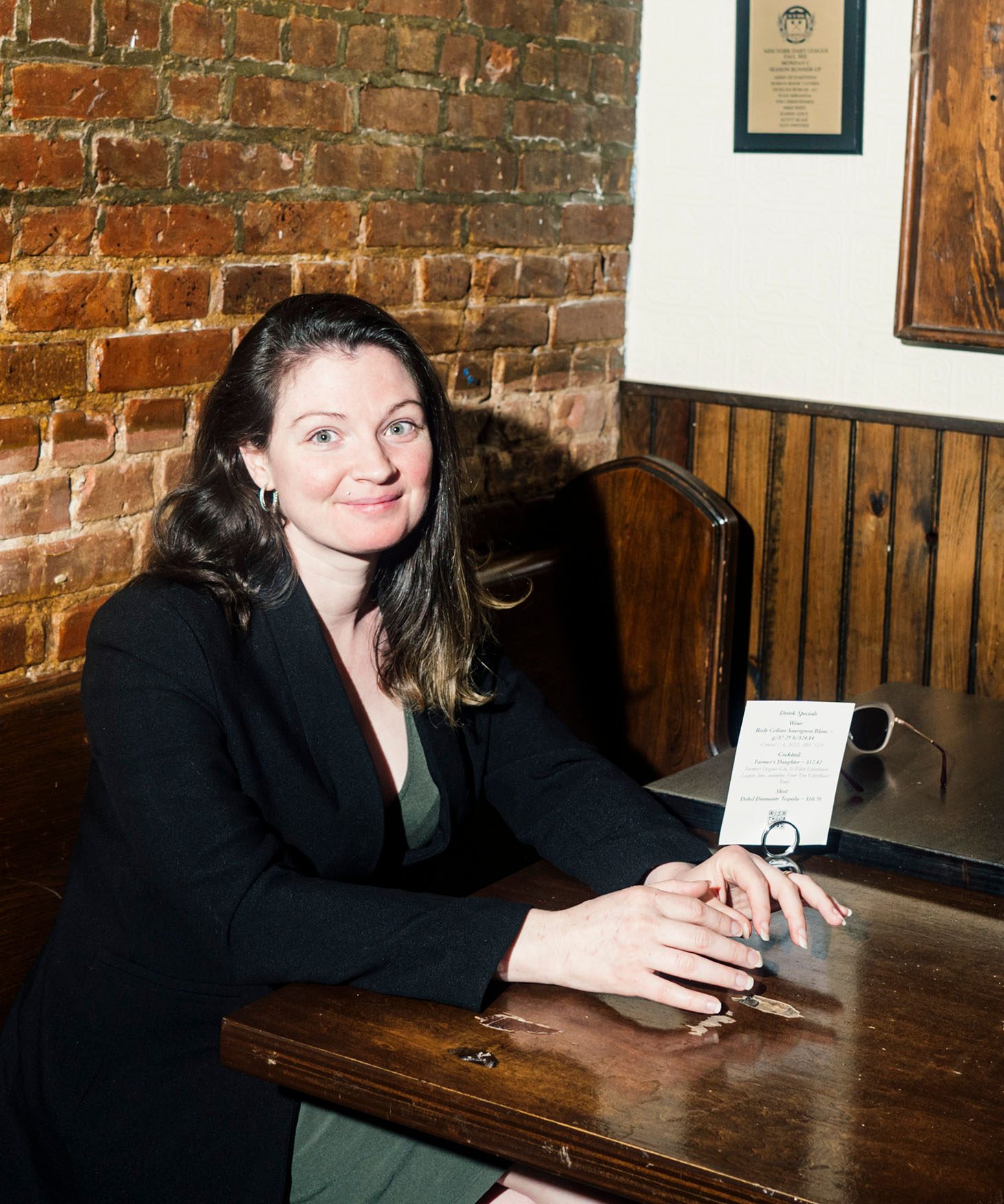
Christine has only recently started using her given name professionally. For a decade, she was a stripper with a stand up comedy act designed around the reality of being a stripper. She used a stage name and traveled the country. She was successful.
During this time, she inhaled autobiographies and memoirs and gravitated towards stories of people who had lived through tragedy and not only endured their circumstances but, through force of will and with the help of a community, learned to thrive. She read A Piece of Cake by Cupcake Brown, Free Cyntoia: My Search for Redemption in the American Prison System by Cyntoia Brown, Just Mercy by Bryan Stevenson, and Becoming by Michelle Obama. Each volume revealed how the author slammed up against that vast and often immovable behemoth, the American judicial system.
Inspired in part by those writers and advocates, Christine set a goal to become a lawyer. After years of putting off finishing her undergraduate degree, and with the once-in-a-lifetime gift of time that the pandemic offered, she re-enrolled in classes. By August 2022, not only had she finished her bachelor's, she was about to embark on a new journey, arguably one of the toughest: law school.
Christine’s first semester at New York Law School was a struggle. Law school is difficult for most people and that’s perhaps especially true for a woman with a chaotic and challenging early life. “She just doesn't have as much of a scholastic background as some of these other students, who come from a place of privilege, and it's always just been school, school, school,” says Alex Reeser, Christine’s closest friend in law school. “She has to power through more than anyone else because she's not been trained from birth to just be in class, pay attention, hang on every word, and then put together what the teacher wants you to say.”
Plus, Christine lives with narcolepsy, a rare, chronic neurological disorder in which a person’s brain cannot regulate when to fall asleep or stay awake. A condition that can get worse with stress and exhaustion, two certainties of law school.
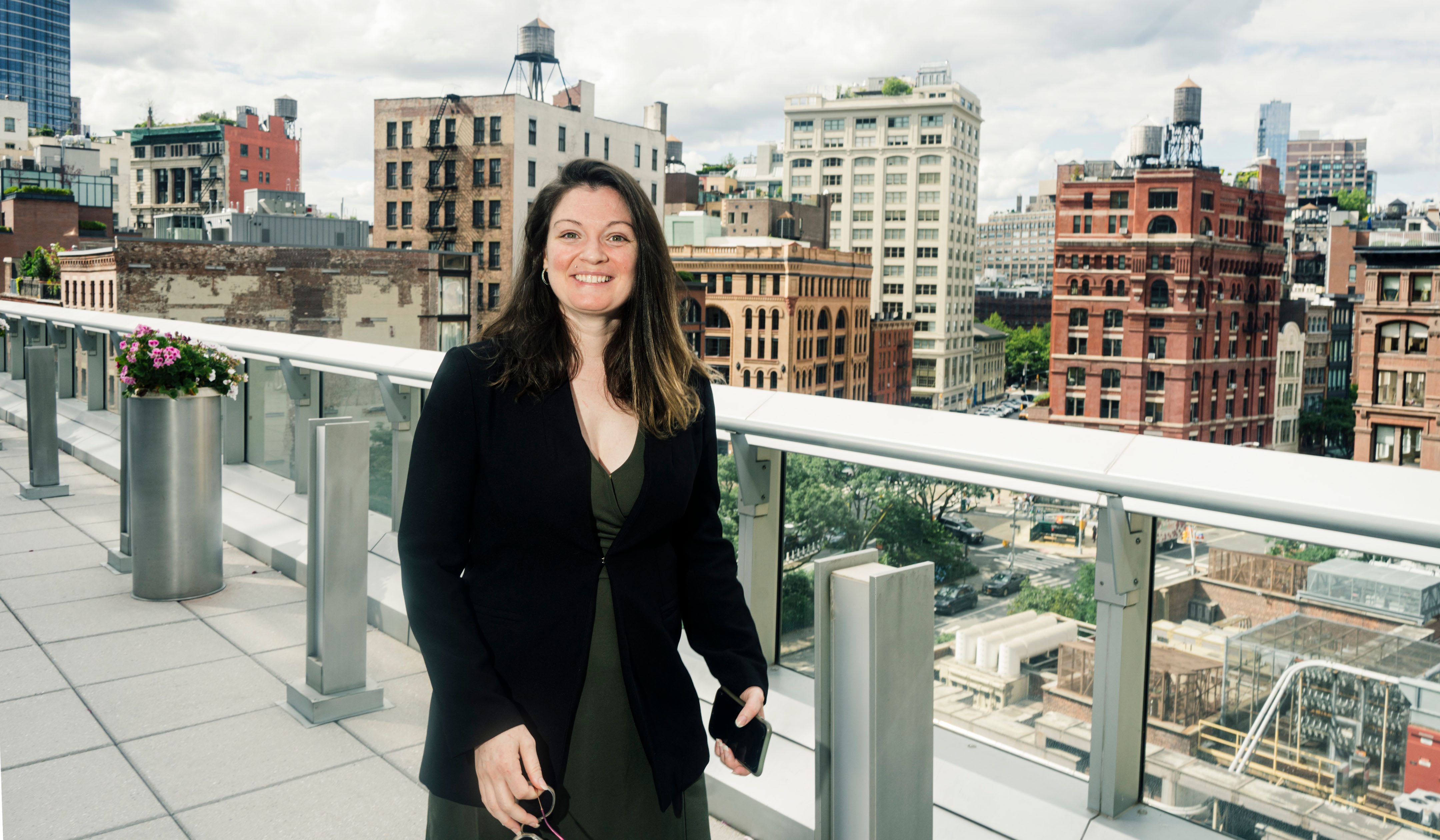
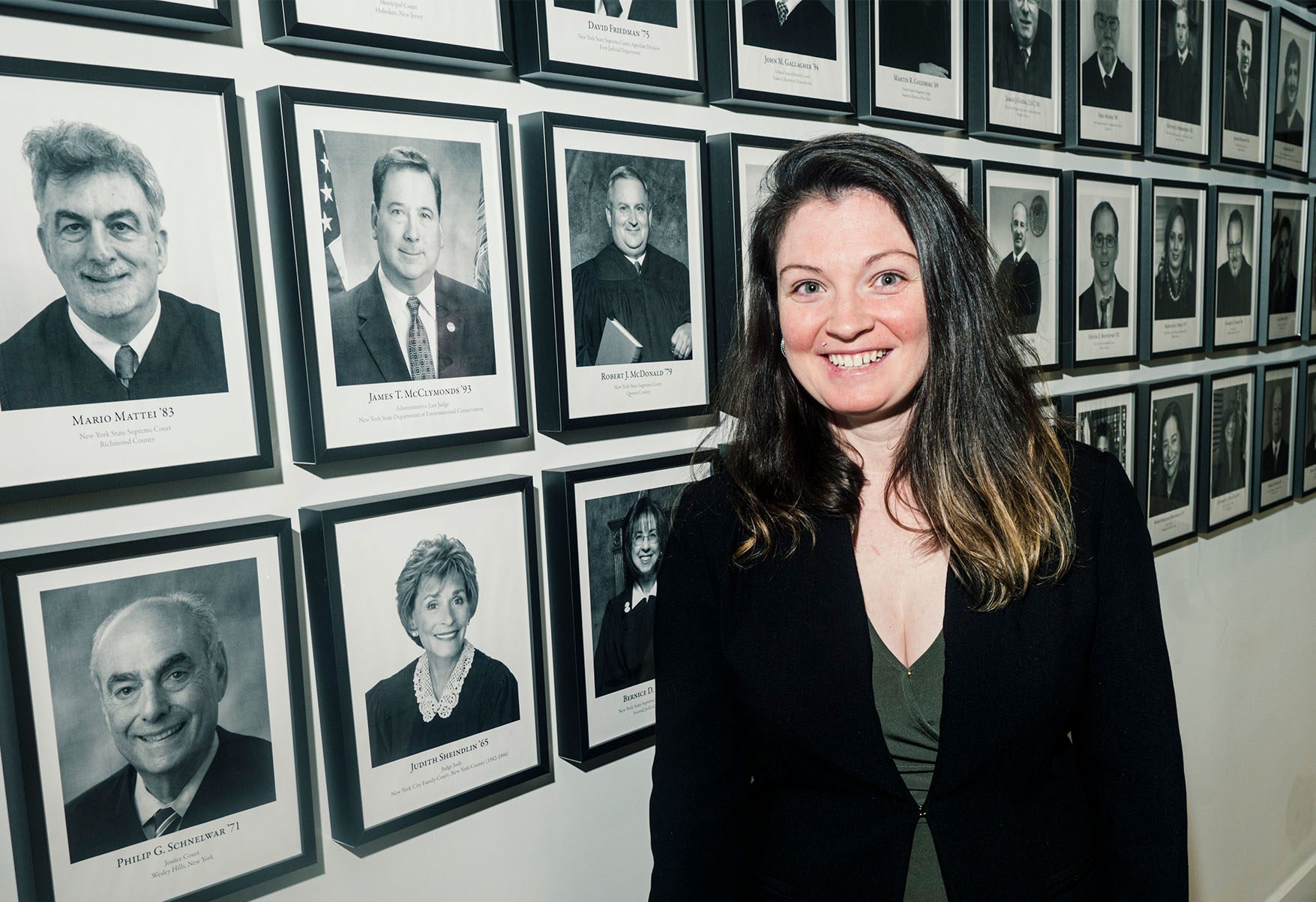
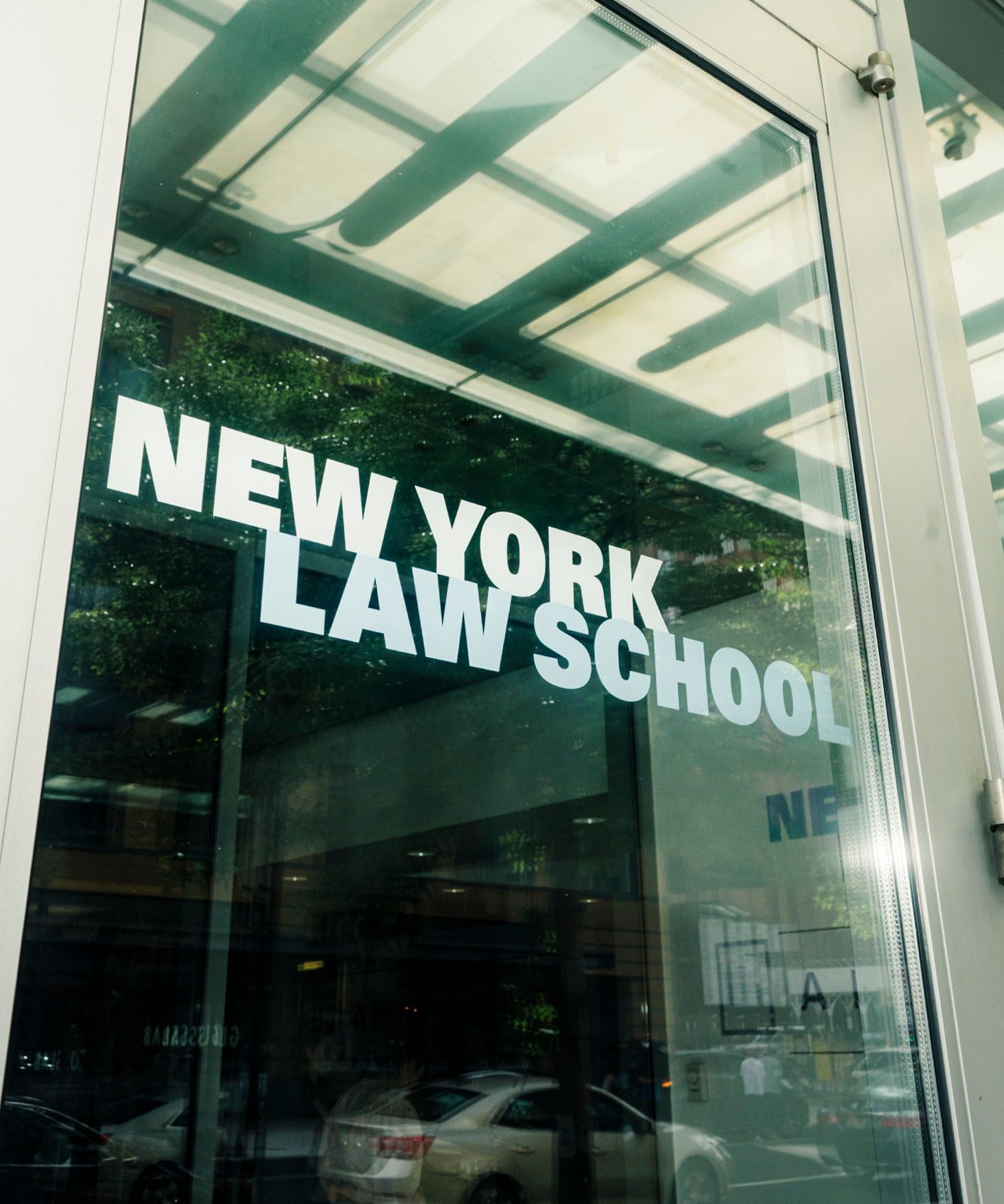
“I’m telling you, there are thousands of us who are hot and young and just want to have tons of money thrown at us.”
Nonetheless, Christine has managed to hold her own. For example, as a lifelong car enthusiast, she used her in-depth knowledge of illegal street racing for class. “There was a hypothetical, in either torts or contracts,” Alex recalls, “And Christine comes in with all of this detail about how the race gets set up, and she’s got this cheery, cute little smile, and she's talking about drag racing. She’s done a million and a half crazy-awesome things.” Christine’s secret weapon, which will ensure her success, is a mixture of drive and optimism. She’s kind of like a real-life Elle Woods from Legally Blonde, but with a twist.
“That first semester, I was still stripping,” she says. She also had a professor known to be the hardest in law school. “I was getting beat to shit in that class,” she says. She needed every last minute to study. “I would leave school and go to the strip club early to avoid paying house fees, then I would sit in the locker room and study for six hours.” As the featured performer, she was the main attraction, so she’d go on late and work for four or five hours. Then, she would go home and sleep, only to get up at 10 a.m. to make it to class the next day.
This schedule meant that the other dancers, no matter the time of day, saw Christine working with her casebooks spread out in front of her. They asked her what she was doing. They shared their own stories: some had wanted to go to school or to go back to school or to achieve another goal but often they had felt discouraged. They shared the barriers they encountered whenever they tried to diversify their job experience or even leave the industry. They asked basic questions like how she balanced school and work. They all encouraged her to keep going, to get through it, and to succeed.
It was while having these conversations that Christine saw a need, a gap in services that she could help fill. “Sex workers and strippers need help transitioning into economically sustainable careers,” she says. They needed someone or someplace to turn to that they could trust and where they would be respected. “And then somehow I came up with the acronym SWITCH.”
Sex Workers In Transition Compassion Home is a nonprofit organization for people who engage in sex work or sex work-adjacent industries like stripping. It will provide services like job training, counseling, childcare, and, one day when Christine finishes law school and passes the bar, legal counsel.
It is not a group that will push people to leave the industry. Christine is adamant that she chose to work in the industry because she liked the work and was good at it. As a trained martial artist, she had exceptional body awareness, which served her well on stage. Both as a comic and a dancer, she exuded a flirty, joyful sensuality that was palpable to audiences.
“Most strippers and most sex workers did not have bad childhoods, do not come from broken homes, and were not victims of human trafficking,” Christine explains. “They grew up, and for one hundred thousand and one reasons, they chose stripping or sex work. I'm telling you, there are thousands of us who are hot and young and just want to have tons of money thrown at us.”
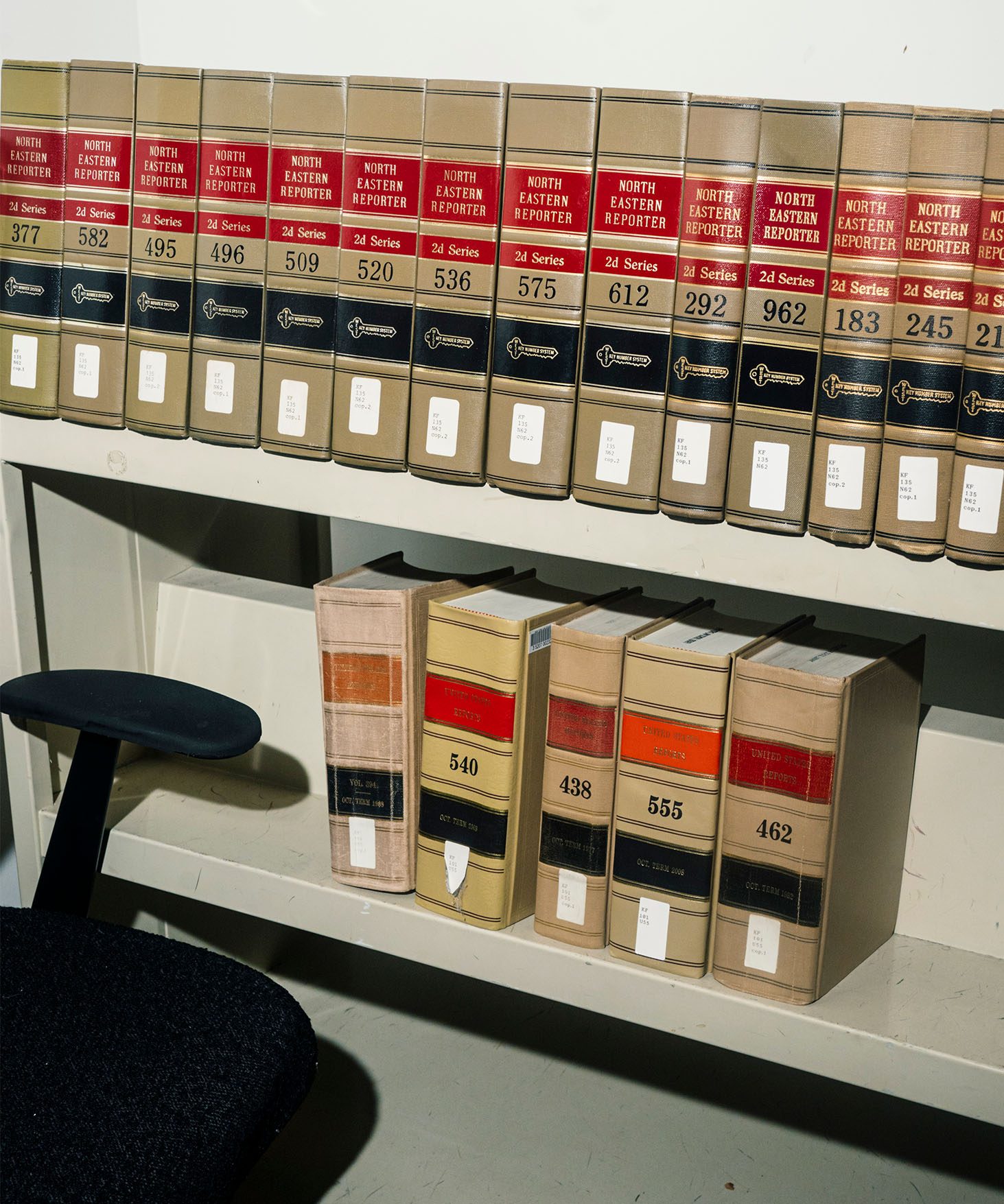
“I don’t judge any sex worker i come in contact with. I just listen and help as much as possible. I give people options.”
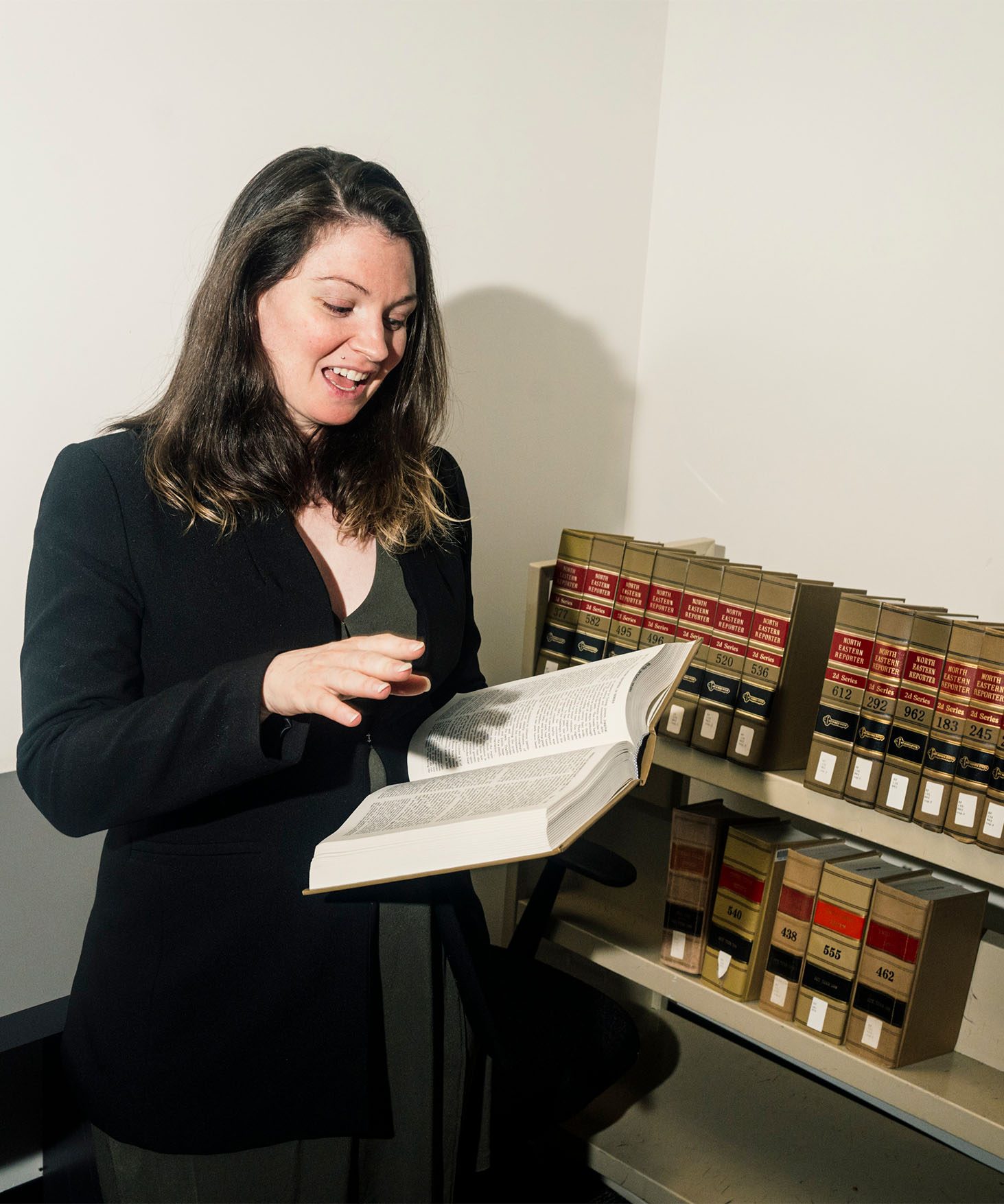
Regardless, even those who love their jobs may find they are ready to leave at some point — perhaps it's age or they get tired of working in the shadows without employment protections, health insurance, or a retirement account. Christine wants to give these people the option to evolve into another stage of their career or another career altogether. She also recognizes that her story might work to SWITCH’s advantage. “A lot of people will only listen to me because I am a bonafide childhood human trafficking victim,” she says, “In some ways, I think it's good that I had both lived experiences because I can guarantee that sex trafficking and sex work are two wildly different things.”
The two groups do have some things in common. They are often dismissed, pitied, underestimated, misunderstood, and ignored. If arrest records are any indication, New York City has been moving towards decriminalizing sex work for several decades. In 1985 there were more than 20,000 arrests for prostitution, but by 2022, there were just 100. Nonetheless, decriminalization is not legalization, and it certainly doesn’t mean that there isn’t a stigma against sex workers and those who work in adjacent professions. So most sex workers aren’t open about their work, making them some of the most vulnerable people in the workforce. These workers can be victims of assault, as well as physical and financial abuse. They often don’t trust institutions.
Christine is determined to change that. “I don't judge any sex worker I come in contact with. I don't try to tell anyone that their lived experience or their opinions or their thoughts are wrong,” she says. “I just listen and help as much as possible. I give people options instead of orders.”

“She’s not just going to trudge through life and survive; she’s aiming to be the top survivor.”
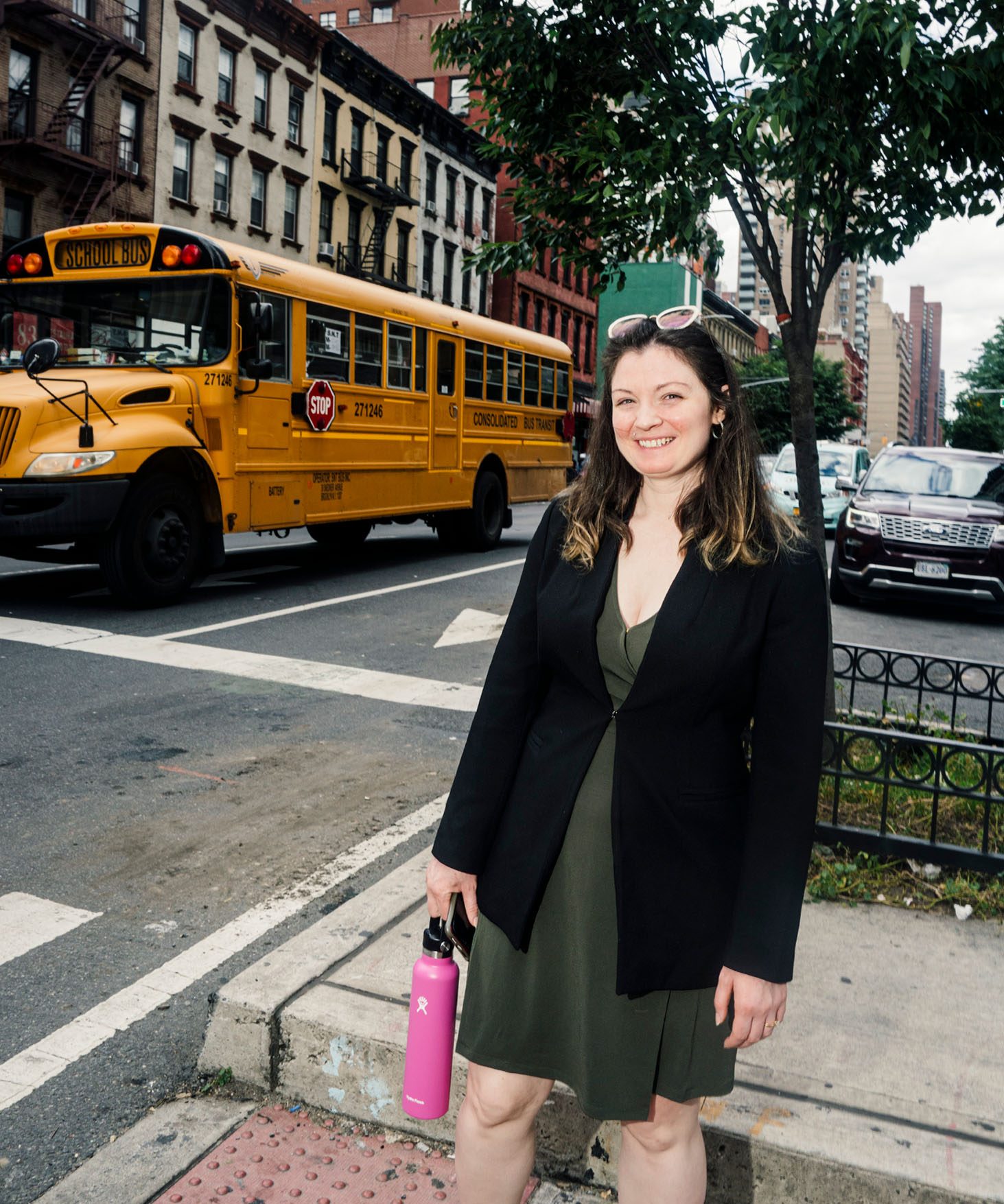
These days, Christine doesn’t work at the strip club anymore, and her days are filled with school and SWITCH. Every weekday, she wakes up at six to get in hours of studying before jumping on the Q train to make an 11 a.m. class. Throughout the morning, she responds to messages from sex workers, many of whom are in crisis. They call her cell phone and message her on social media. “I have a lot of them asking me for legal advice,” she says, “and then I have to explain to them that I'm not a licensed attorney yet. I can't give you legal advice.”
Then, in class, she takes notes not just for herself but also for people who have learning difficulties. As soon as class ends, she heads to Legal Aid and interviews clients. She is primarily focused on cases of abuse and neglect. The rest of her classes are at night, between 5 p.m. and 9 p.m., and she alternates between taking notes on the lectures and responding to folks who have found her through the SWITCH website.
She also has a burgeoning career as a speaker and advocate for survivors of human trafficking. Recently, in April, she spoke at the Broward County Human Trafficking Prevention conference in Fort Lauderdale, Florida. She’s already been asked to speak at two more conferences in 2024. And she is about to start an internship with New York State Senator Brad Hoylman-Sigal, who has sponsored legislation to help survivors of child sex trafficking.
“Some days,” Christine says, “I don't have to go to class, and those days are amazing. I go to therapy for myself. I try to go to the gym.” She has a new kitten, an old dog, and a husband she adores; she draws and paints. She fills her life with friends, but she’s always thinking about SWITCH and her plans for the organization.
“Her life is going to go the way that she wants it to because she's going to make it that way,” her friend Alex Reeser says. “That's her general outlook. She's not just going to trudge through life and survive; she's aiming to be the Top Survivor.”
